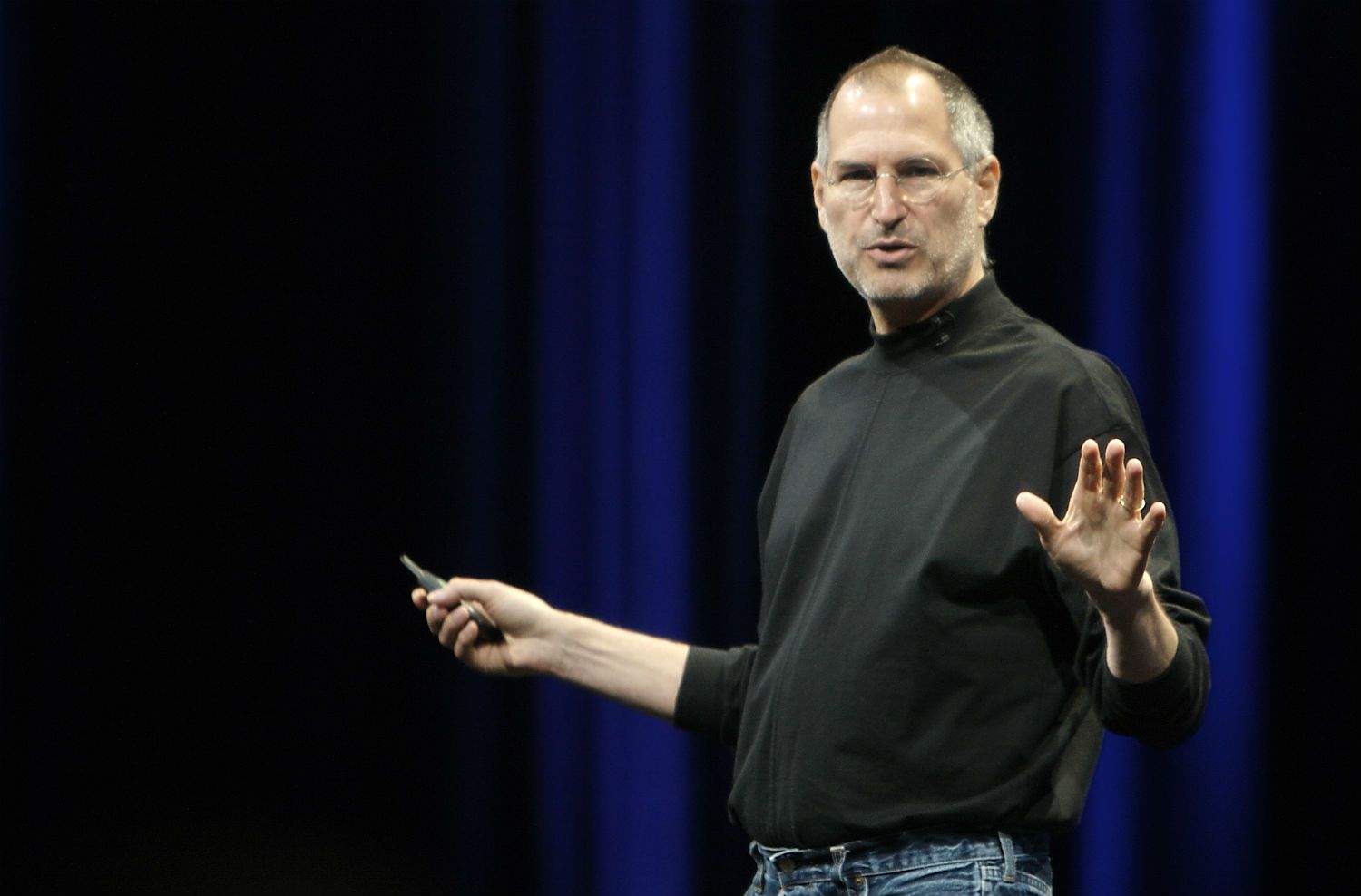I can’t wait to read Becoming Steve Jobs: The Evolution of a Reckless Upstart into a Visionary Leader. The upcoming biography, by veteran reporters Brent Schlender and Rick Tetzeli, promises to be the definitive telling of Steve Jobs’ life.
The writers scored interviews with major players including Tim Cook, Jony Ive, Eddy Cue, Pixar’s John Lasseter, Disney CEO Bob Iger and Jobs’ widow, Laurene Powell Jobs. The result is a book loaded with interesting anecdotes and insights about the former Apple CEO.
I haven’t yet read the whole thing (it comes out March 24), but while pre-ordering my copy on Amazon, I could initially access a significant portion of the biography through the site’s “Look Inside the Book” feature. (Amazon later blocked out far more of the book’s contents.)
From what I’ve seen, some of the stories are pretty sensational — providing new details into the close relationship between Jobs and Cook, revealing Jobs’ secret plan to buy Yahoo!, and much more.
Want a few of the highlights? Check them out below.
This post contains affiliate links. Cult of Mac may earn a commission when you use our links to buy items.
Debunking Walter Isaacson’s Steve Jobs
One core concept of Becoming Steve Jobs is setting the record straight following Walter Isaacson’s financially successful, but oft-maligned, Jobs biography, which was published in 2011 and titled simply Steve Jobs.
In a recent profile of Jony Ive, Apple’s design chief said his “regard couldn’t be any lower” for Isaacson’s book, and now we have Cook saying much the same thing.
“I thought the Isaacson book did [Jobs] a tremendous disservice,” Cook is quoted as saying in Becoming Steve Jobs. “It was just a rehash of a bunch of stuff that had already been written, and focused on small parts of his personality. You get the feeling that [Jobs was] a greedy, selfish egomaniac. It didn’t capture the person. The person I read about there is somebody I would never have wanted to work with over all this time. Life’s too short.”
Tim Cook’s generous offer
In fact, one of the explosive revelations of the upcoming biography — showing just how much Cook cared about his boss — is the fact that Cook offered Jobs a portion of his own liver when the ailing Apple exec was in need of a donor.
After discovering that he shared a rare blood type with his sick colleague, and undergoing a battery of tests at a hospital “far from the Bay Area, since he didn’t want to be recognized,” Cook offered his liver to Jobs — only for Steve to turn it down.
“Somebody that’s selfish doesn’t reply like that,” Cook says.
Steve Jobs’ plan to buy Yahoo!
Another interesting tidbit: Steve Jobs and Disney boss Bob Iger talked about buying Yahoo! together at one point, a move that would have given Apple an “in” in the search business.
While the question of Apple buying Yahoo! has been raised plenty of times over the years, this is the first time there’s been a serious suggestion that Jobs considered such an acquisition.
Buying Yahoo! would have given Apple access to a host of patents, web services and other tools in a fiercely competitive sector. Yahoo! would have been an interesting fit for Apple (which is probably why it didn’t happen), but it’s fascinating to consider what might have been.
Jony Ive, Steve Jobs and Apple TV
The book also shares details about Ive’s first meeting with Jobs, upon the CEO’s return to Apple in the late 1990s. In stark contrast to the claims in Isaacson’s book, Jobs apparently told Ive: “I just don’t like television. Apple will never make a TV again.”
Ive also ruminates on his shared perspective on design with Jobs, saying, “He and I could talk philosophically about aspects of design in ways we couldn’t with other people. I would get self-conscious if I had to talk in such philosophical terms before a group of engineers, who are brilliantly creative, but when you go on and on about the integrity and meaning of what they are building, well, that’s just not their focus. There were times when Steve and I would talk about these things and I could see in people’s eyes that they were thinking, Oh, there they go again.”
Having read a significant chunk of the book, I’m excited about diving in and reading it start-to-finish later this month. Unlike Isaacson, Schlender and Tetzeli understand technology, which means you won’t find the myriad technical errors that littered the previous biography and raised doubts about that book’s quality. Schlender and Tetzeli also let their interview subjects speak at length, rather than cherry-picking short comments, which makes Becoming Steve Jobs a valuable and unique resource.
Some might say we don’t really need another Steve Jobs book. The market’s been saturated with them the past few years, and other interesting individuals also played crucial roles in elevating Apple to its current status as the world’s most successful company — including Jony Ive, Tim Cook or even unsung hero Jeff Williams. All these people played a major role in Apple’s climb to the top, and they’re just now starting to get the recognition they deserve.
But there are parts of Becoming Steve Jobs that I’m really interested in, namely unpacking Jobs’ years at NeXT, which Isaacson pretty much skipped over, but which taught Jobs many of the lessons he put into effect during his second stint at Apple.
Color me interested.
For those who want to find out more, Fast Company‘s upcoming April issue features a cover story about Steve Jobs and the new book.



